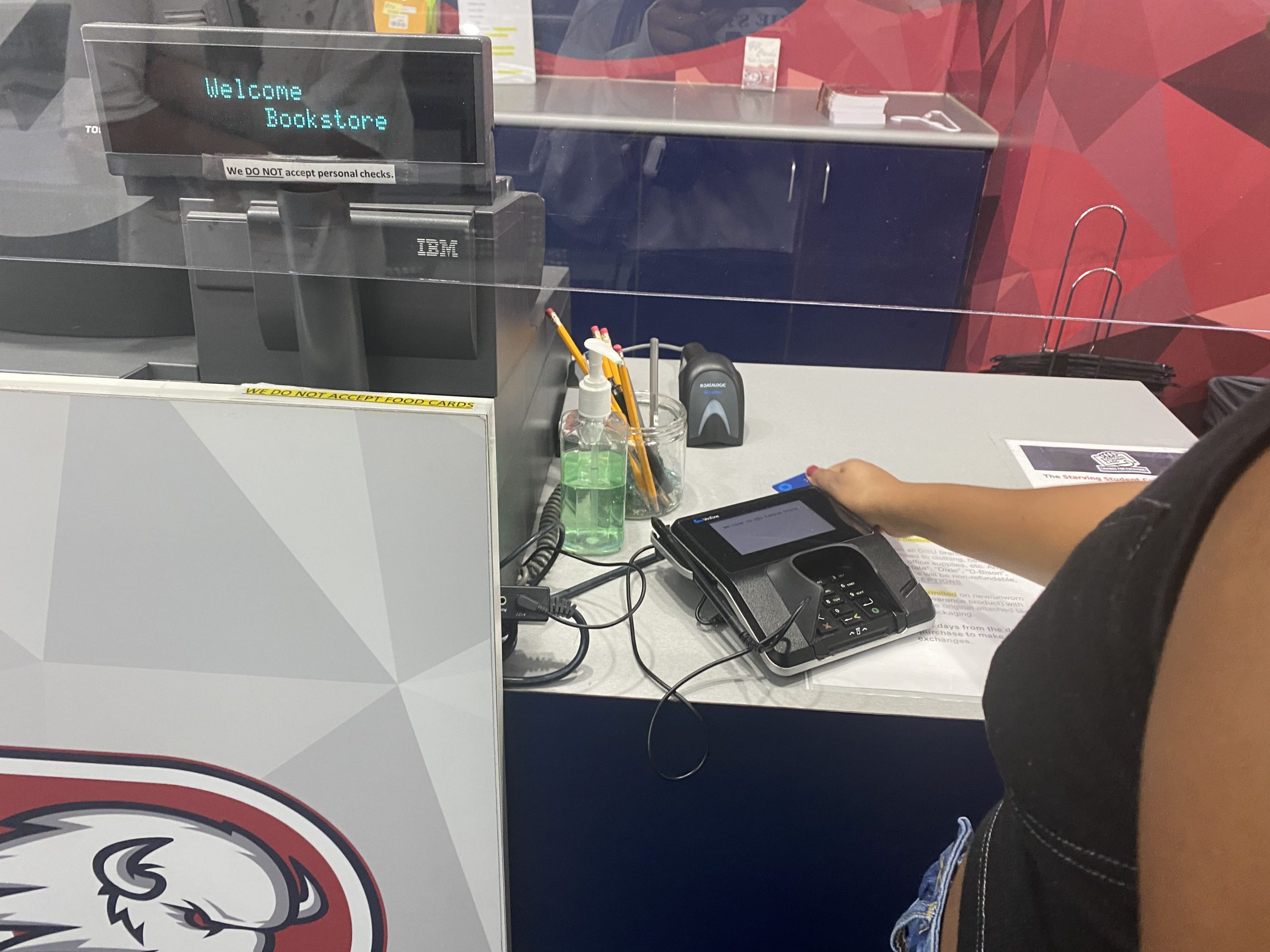Having a credit card does not mean automatic debt; there are many rewards that come with owning a credit card. You just have to know how to use it appropriately.
Entering the life of being a college student comes with bounds of responsibility, and many students are most likely not thinking about obtaining a credit card. Here are reasons and tips to begin using a credit card in your college years.
Build Credit
Why would you want to begin building your credit in college? This will only benefit your future if it is done correctly.
Kaplan Sanders, assistant professor of finance, said having a “solid credit history” will make it easier to buy a home one day. It will also show responsibility and this will make it easier for you to borrow money in the future if needed. It shows you are a trustworthy individual who knows how to manage money.
“I think students should have credit cards if they are money conscious and responsible because it is never too early to start earning credit, but it isn’t worth going into debt if you are not responsible with money,” said Kaya Newman, a freshman business management major from Herriman.
The first step to building credit is to start using a credit card. According to Real Simple, steer clear of debit cards because they benefit you in no way. Credit cards come with benefits if used correctly, and they also boost your credit score for a more secure future.
How to use a credit card
Using a credit card is not an easy task; you are required to be on top of your bills and have an understanding of exactly how much you are spending. In order to earn the potential rewards, it is important to ensure you know how to use a credit card.
“If you’re interested in getting a credit card, you need to start with a level of responsibility [and] commit to spending less than you make,” Sanders said. “Make sure your checking account can pay off the credit card [balance].”
According to Investopedia, paying your bills on time is the most important thing to remember about having a credit card. If it is easier for you, you can set up automatic payments, which is when your personal bank account is automatically billed so you don’t miss any payments.
“I pay off my credit card payments as soon as I am able to, and it’s like I get rewarded for buying things that I need,” Newman said.
Set a reminder on your phone for each month a week before your payment is due. Ensure you are tracking your spending’s so you are able to pay off your credit card payment appropriately.
Kyle Wells, the dean of the College of Business, said: “Use [a credit card] for daily, regular purchases and pay it off every month on time. It won’t take too long to build a respectable credit score. If you do mess up, there are many ways you can pick yourself up, but it all starts with the discipline of following rule number one.”
Do your research
There are plenty of things you need to consider when deciding on a credit card to begin using. Here are a couple of things to look out for:
- Annual fees
- Benefits offered
- Interest rates
- Credit limit
- Places the card is accepted
Sanders said it is important to read the fine print of a credit card before using it. Each card is different and offers various entities of benefits, penalties and rates.
Ensure that you do your research and choose a credit card that best fits your needs. You can learn more about the various types of credit cards for students on NerdWallet.




